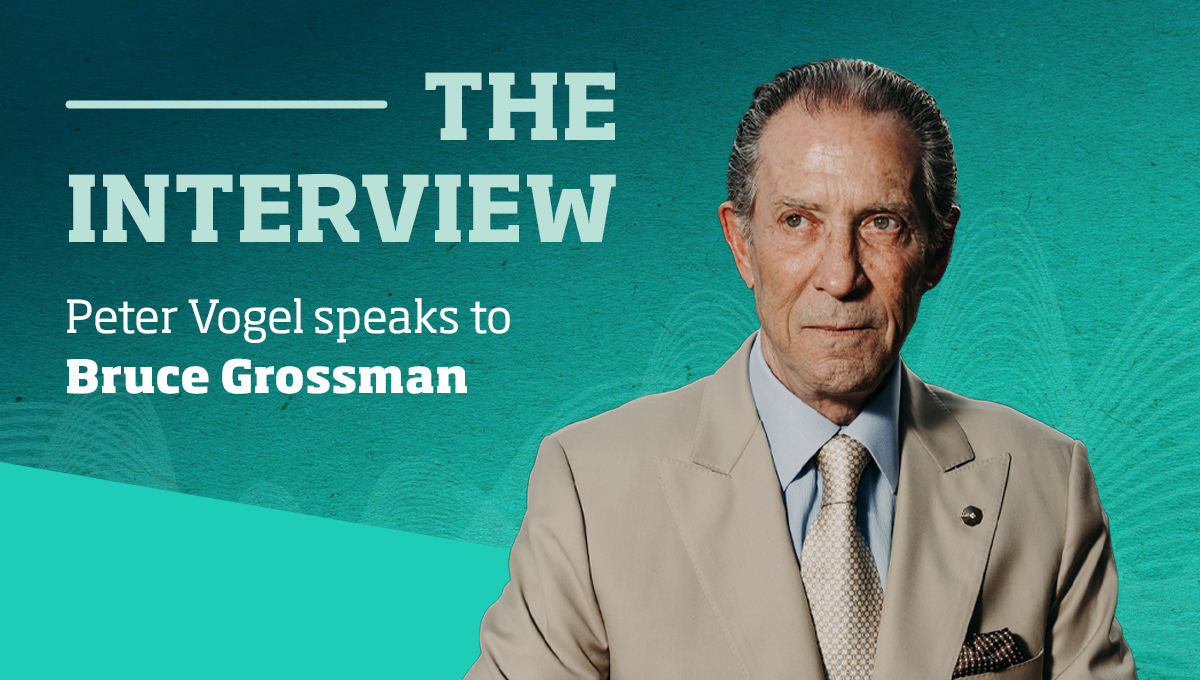J.M. Huber: A family of solutions (Abridged): In the midst of the leadership transition
J.M. Huber, one of the largest and oldest family-held companies in the US, had strategically repositioned itself several times since it was founded in 1883 as a dry-color business. Visionary family leaders and a committed senior management team had transformed the group into an international player with operations in more than 20 countries and about half of its 4,000 employees based outside North America.
A portfolio management company (PMC), J.M. Huber became one of the key players in hydrocolloids, specialty chemicals and minerals, and engineered woods, and in 2017 it booked sales of US$2.3 billion. In 1993, Peter T. Francis, a fourth-generation family member, became chairman and CEO. For the fifth time in J.M. Huber’s history, the family took complete leadership of the company. The years ahead were not always kind. In 2004 the firm had levered up its balance sheet to complete the largest acquisition in its history. Then, 2006 brought the collapse of the US housing market, and the economic crisis of 2007 hit many of J.M. Huber’s key markets hard, putting the group under pressure.
In the midst of the crisis, the company faced another significant milestone in its long history: Peter T. Francis had already announced in 2004 that he planned to retire in 2009. He was well aware that leadership succession was one of the most delicate moments for a family business, even in the best of times.
How did the family and the board of directors support Peter T. Francis’s decision to step down from his dual leadership function in the middle of the global recession? How was the succession engineered? What came first: CEO succession or chairman succession? Who was chosen for the CEO and the chairman positions: internal or external candidates, family or non-family members?
Managing leadership succession in family business:
- CEO succession and succession on the board (Chairman succession)
- crisis management
- family business values
J.M. Huber Corporation, Materials
2009
Cranfield University
Wharley End Beds MK43 0JR, UK
Tel +44 (0)1234 750903
Email [email protected]
Harvard Business School Publishing
60 Harvard Way, Boston MA 02163, USA
Tel (800) 545-7685 Tel (617)-783-7600
Fax (617) 783-7666
Email [email protected]
NUCB Business School
1-3-1 Nishiki Naka
Nagoya Aichi, Japan 460-0003
Tel +81 52 20 38 111
Email [email protected]
IMD retains all proprietary interests in its case studies and notes. Without prior written permission, IMD cases and notes may not be reproduced, used, translated, included in books or other publications, distributed in any form or by any means, stored in a database or in other retrieval systems. For additional copyright information related to case studies, please contact Case Services.
Research Information & Knowledge Hub for additional information on IMD publications

Bruce Grossman shares his family’s journey from mining to building Arca Continental, Latin America's second-largest Coca-Cola bottler, and their commitment to legacy and impact.

Here are three strategic lessons from the tramp shipping industry.

Why the market for new year predictions is broken and how executives can better use forecasts to discern the implications for their companies.

Strategic thinking is key to success. Overcome common excuses and develop the skills to navigate change, drive innovation, and prepare for future business challenges.
Family businesses hold a unique place in the economic and social landscape. They represent not just entrepreneurship but also heritage, values and a legacy passed down through generations.

The increasing pace of disruption and change means leaders need to cultivate behaviors that support their sustained success. From building strategic flexibility to broadening stakeholder connections, here is our expert guide to leading in an age o...
Officially, brands executives continue to display confidence that big luxury will shrug off the 2024 downturn as a cyclical one. They see it as the product of the combined collapse of real estate prices in China and a return to normalcy after the ...
Family businesses have long been the backbone of the global economy, contributing significantly to employment, innovation, and economic resilience. As we approach 2025 and beyond, family businesses must adapt to a range of emerging trends to stay ...
We investigate family CEO birth order as an antecedent of family firms' CSR behavior. Despite psychology literature recognizing it as a key predictor of individual behavior, birth order has been largely neglected in management research. Drawing on...
The holiday season is a particularly demanding time for many businesses, especially for family-owned enterprises. The combination of increased business demands, tight deadlines, and family expectations can create a perfect storm of stress and exha...
Research Information & Knowledge Hub for additional information on IMD publications
in I by IMD
Research Information & Knowledge Hub for additional information on IMD publications
Research Information & Knowledge Hub for additional information on IMD publications
Research Information & Knowledge Hub for additional information on IMD publications
Research Information & Knowledge Hub for additional information on IMD publications
in I by IMD 8 January 2025
Research Information & Knowledge Hub for additional information on IMD publications
Research Information & Knowledge Hub for additional information on IMD publications
Research Information & Knowledge Hub for additional information on IMD publications
in Strategic Entrepreneurship Journal 25 December 2024, ePub before print, https://doi.org/10.1002/sej.1530
Research Information & Knowledge Hub for additional information on IMD publications
Research Information & Knowledge Hub for additional information on IMD publications

